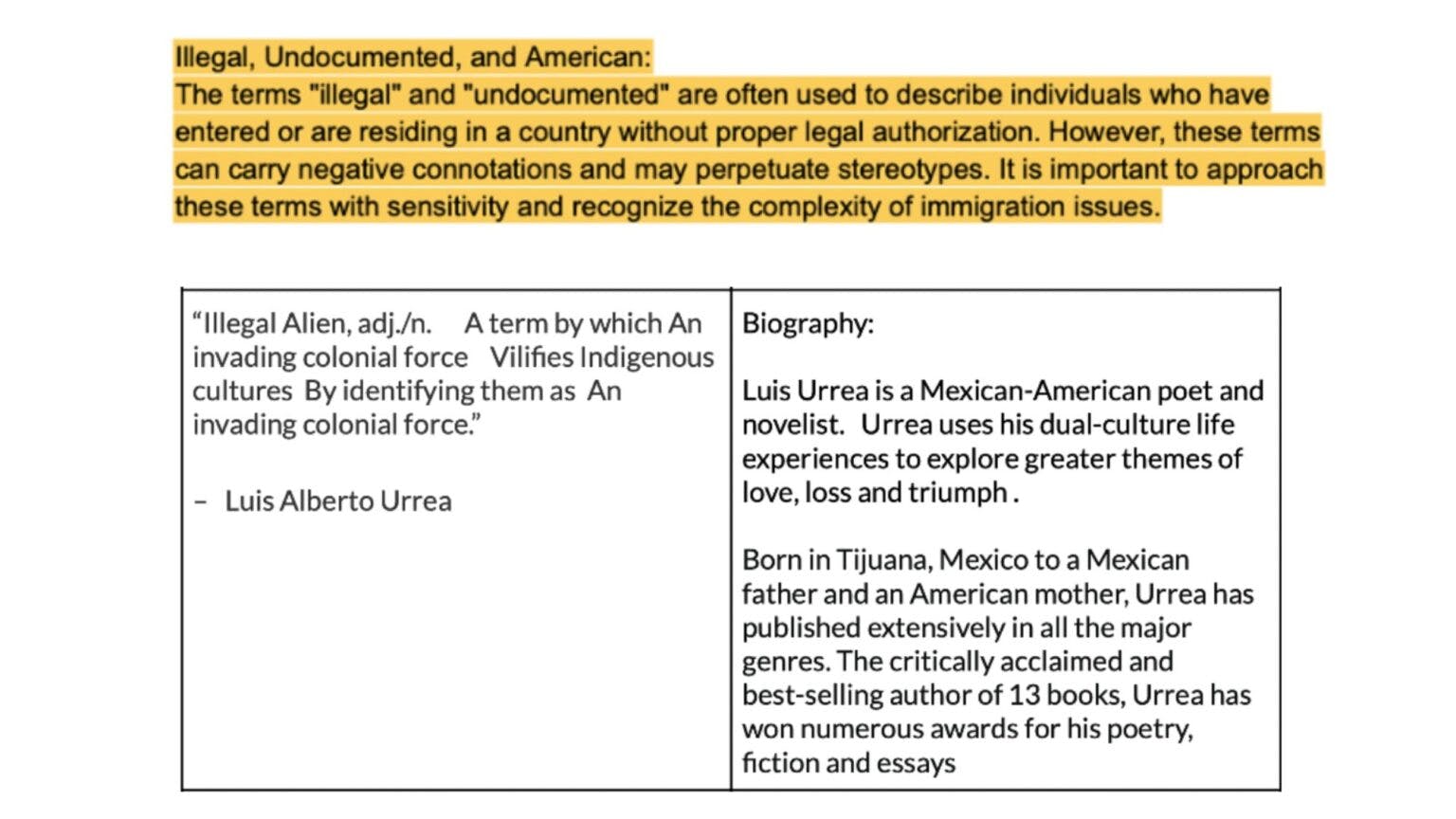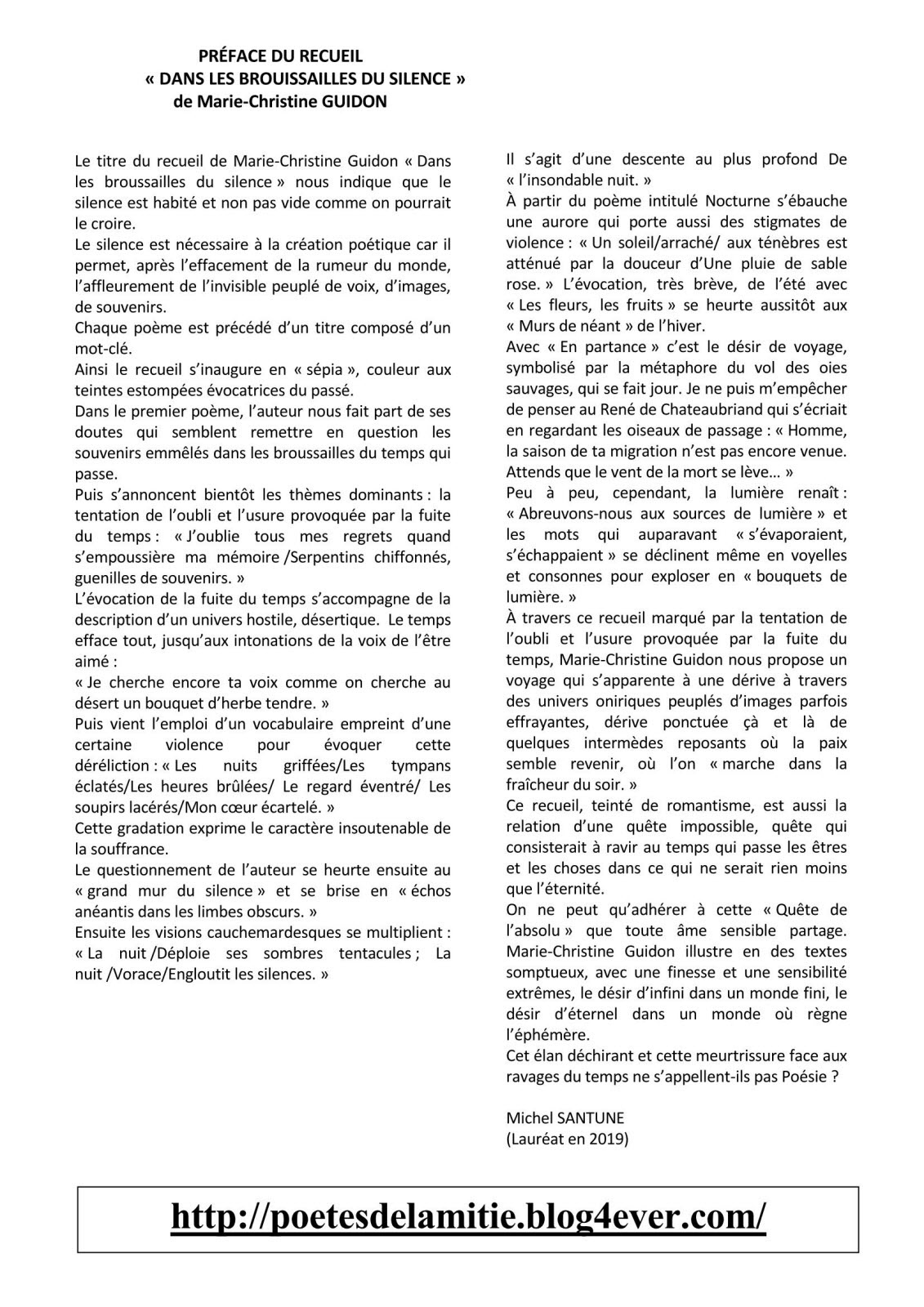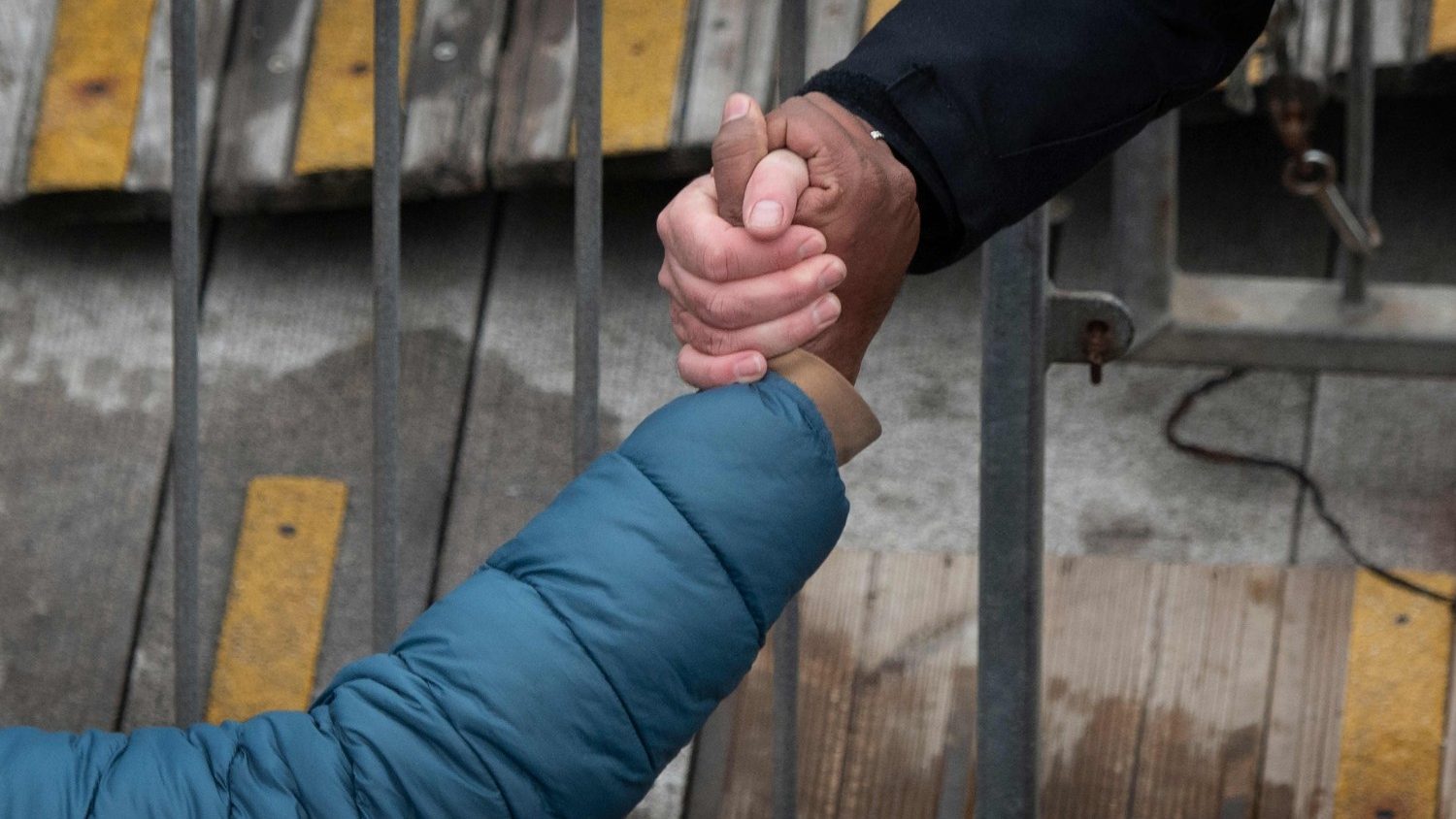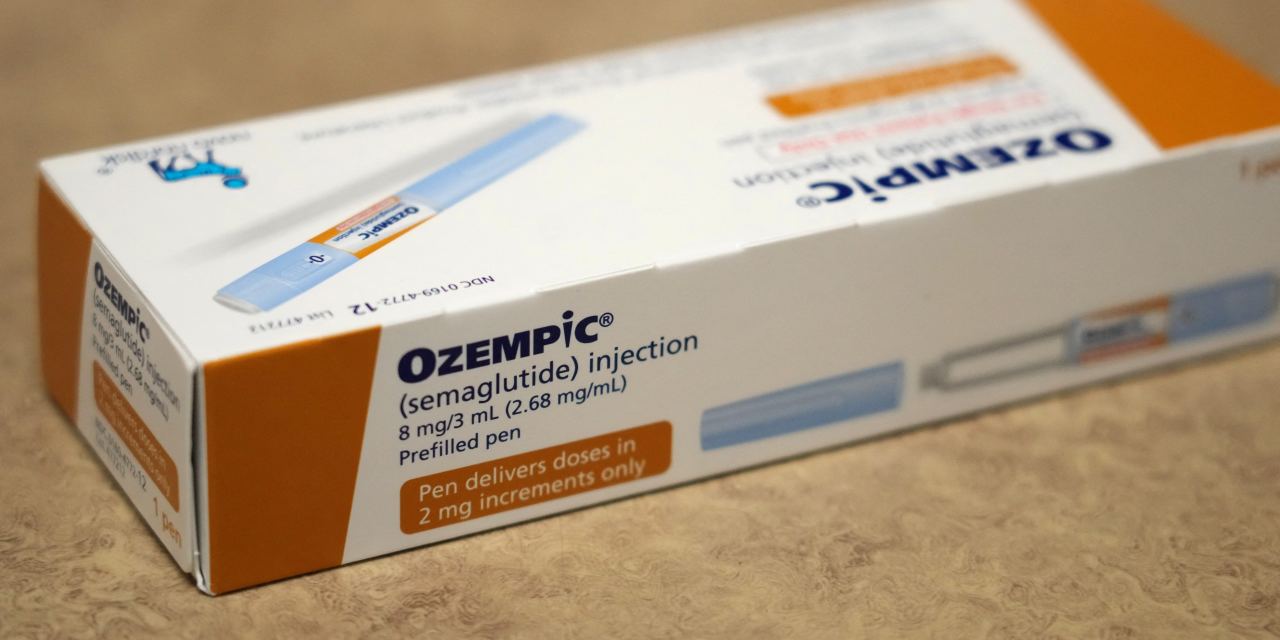Combating Visa Fraud: The UK's Strengthened Immigration Policies

Table of Contents
Enhanced Scrutiny and Due Diligence
The UK's fight against visa fraud relies heavily on increased scrutiny and rigorous due diligence at every stage of the application process. This involves sophisticated data analysis and strengthened border controls.
Increased Data Analysis and Risk Assessment:
The UK Visas and Immigration (UKVI) department leverages powerful data analytics to identify potentially fraudulent visa applications. This involves analyzing vast datasets to pinpoint high-risk individuals and applications.
- Data analysis techniques: This includes statistical modeling, machine learning algorithms, and network analysis to identify patterns and anomalies indicative of fraud.
- Risk assessment impact: High-risk applications undergo more intensive scrutiny, potentially involving additional interviews, document verification, and background checks. This can lead to delays in processing times for some applicants, but it significantly reduces the likelihood of fraudulent applications being successful.
Stronger Border Controls and Biometric Security:
Biometric technology plays a crucial role in preventing fraudulent entries and exits. The UK has invested heavily in advanced systems to enhance border security.
- Biometric technologies: This includes fingerprint scanning, facial recognition, and iris scanning, all integrated into a comprehensive system for verifying identities.
- Strengthened border controls: Advanced e-gates at airports and enhanced passenger processing procedures help to swiftly identify individuals who may pose a risk, while improved data sharing between border agencies enhances effectiveness.
Collaboration with International Partners
Effective combating visa fraud requires international cooperation. The UK actively collaborates with various countries to share intelligence, conduct joint operations, and pursue legal action against fraudsters.
Information Sharing and Joint Operations:
The UK engages in intelligence sharing agreements and joint operations with numerous countries to disrupt international criminal networks involved in visa fraud.
- International partnerships: This includes collaborations with law enforcement agencies in source countries, transit countries, and destination countries to track and apprehend individuals involved in visa fraud.
- Successful joint operations: Joint investigations have led to numerous arrests, seizures of fraudulent documents, and disruption of organized crime groups involved in visa scams.
Extradition Treaties and Legal Cooperation:
Strong legal frameworks are essential for bringing perpetrators to justice. The UK utilizes extradition treaties and mutual legal assistance agreements.
- Successful extradition cases: Extradition has been successful in prosecuting individuals involved in visa fraud, demonstrating the power of international legal cooperation.
- Strengthening legal cooperation: These agreements ensure the efficient sharing of evidence and facilitate the prosecution of those responsible for visa fraud, regardless of their location.
Technological Advancements in Visa Processing
Technological advancements are transforming the way visa applications are processed, significantly aiding the effort to combat visa fraud.
Digital Visa Applications and Online Verification:
The shift towards digital visa applications and online verification tools reduces opportunities for fraud.
- Digital visa application systems: Online application portals streamline the process, reducing the potential for manipulation of physical documents.
- Online verification: The use of online verification systems allows UKVI to cross-reference applicant information with various databases, including immigration databases, criminal records, and financial institutions.
AI and Machine Learning in Fraud Detection:
Artificial intelligence (AI) and machine learning (ML) are being increasingly used to detect subtle patterns and anomalies in visa applications.
- AI and ML applications: These technologies are trained to identify unusual trends, inconsistencies in information provided, and potential indicators of fraudulent activity.
- Accuracy and effectiveness: The accuracy of AI and ML in detecting visa fraud is constantly improving, leading to more efficient identification of suspicious applications.
Conclusion:
The UK's commitment to combating visa fraud is evident in its strengthened immigration policies. The multi-pronged approach, combining enhanced scrutiny, international collaboration, and technological innovation, is crucial in safeguarding the integrity of the UK's immigration system. These strategies, ranging from advanced data analytics and biometric technology to international partnerships and AI-driven fraud detection, are proving effective in reducing the success rate of fraudulent applications and bringing perpetrators to justice. Stay informed about the UK's ongoing efforts in combating visa fraud and its continually evolving immigration policies. Visit the UK Visas and Immigration website ([insert link here]) to learn more.

Featured Posts
-
 Mediatheque Champollion A Dijon Degats Apres Un Depart De Feu
May 10, 2025
Mediatheque Champollion A Dijon Degats Apres Un Depart De Feu
May 10, 2025 -
 Family Left In Ruins Following Senseless Racist Murder
May 10, 2025
Family Left In Ruins Following Senseless Racist Murder
May 10, 2025 -
 Stringent New Asylum Rules Impact Migrants From Three Specific Countries
May 10, 2025
Stringent New Asylum Rules Impact Migrants From Three Specific Countries
May 10, 2025 -
 Weight Watchers Bankruptcy Filing Amidst Weight Loss Drug Rise
May 10, 2025
Weight Watchers Bankruptcy Filing Amidst Weight Loss Drug Rise
May 10, 2025 -
 Nyt Strands Game 349 Solutions And Clues For February 15th
May 10, 2025
Nyt Strands Game 349 Solutions And Clues For February 15th
May 10, 2025
